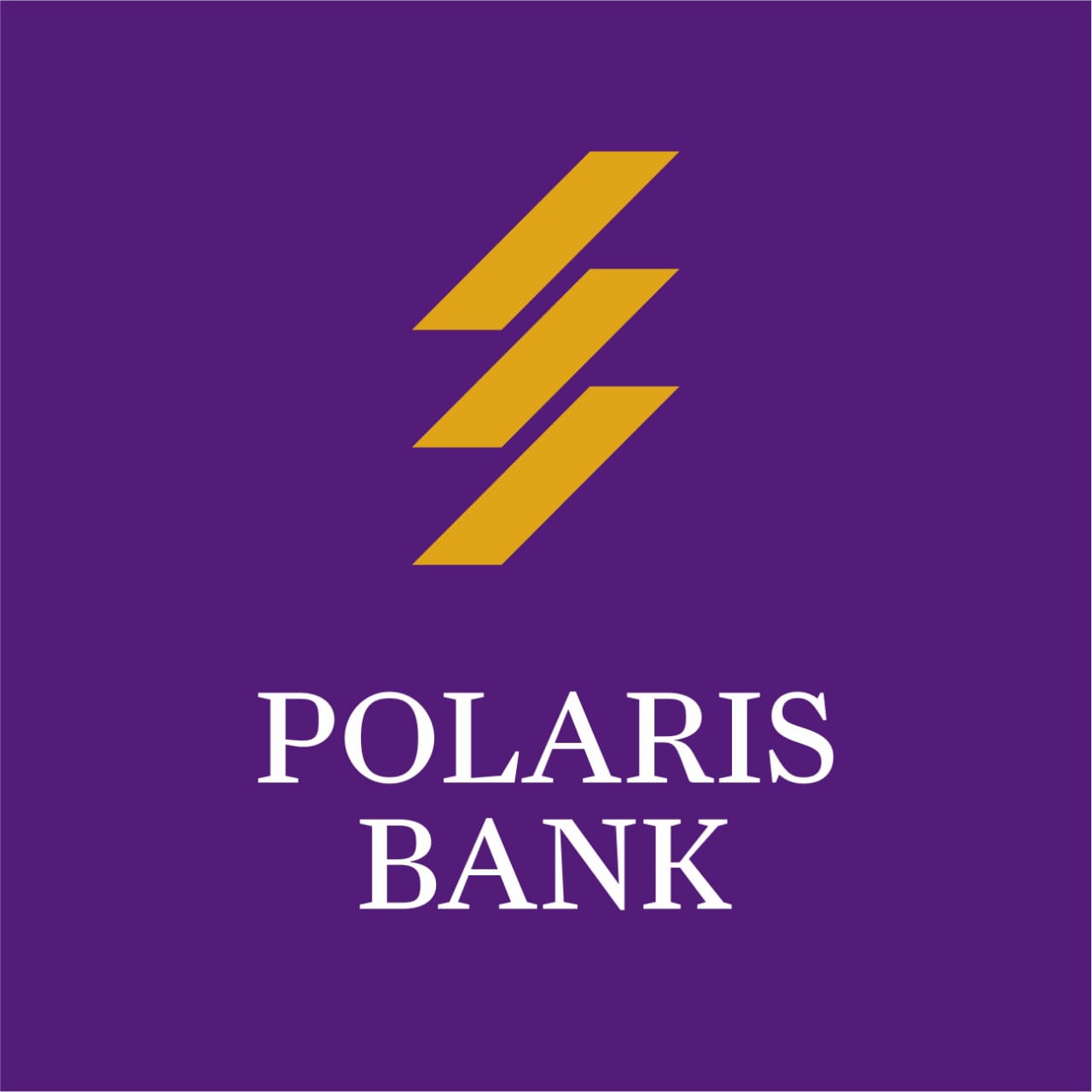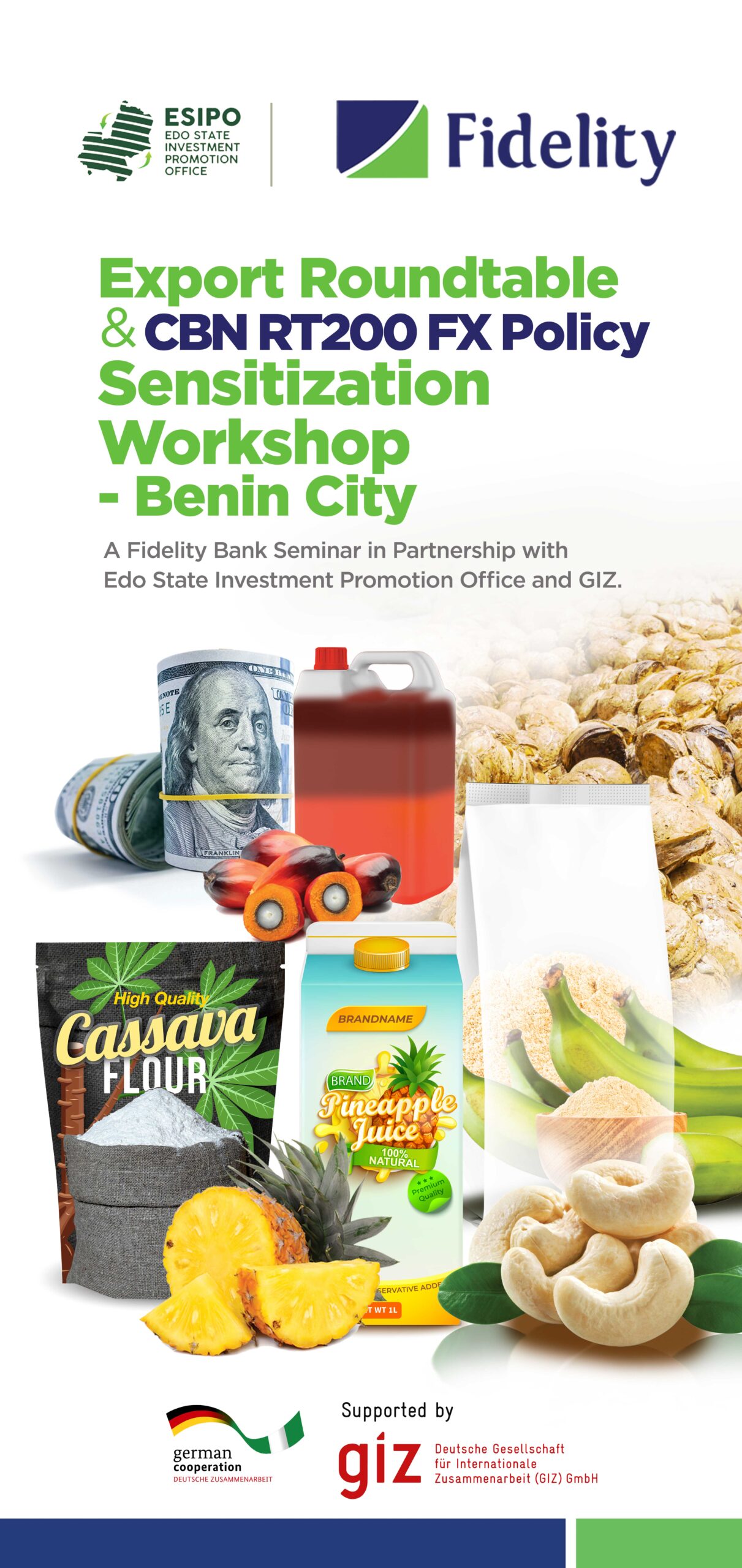Experts finger petrol price hike, others as inflation hits 12.82%
The consumer price index, which measures inflation increased by 12.82 per cent (year-on-year) in July, the National Bureau of Statistics disclosed in its Consumer Price Index July 2020 report released on Monday.
This is 0.26 per cent higher than the rate recorded in June 2020 per cent.
Increases were recorded in all COICOP divisions that yielded the headline index.
On month-on-month basis, the headline index increased by 1.25 per cent in July.
This is 0.04 per cent rate higher than the rate recorded in June (1.21) per cent.
The percentage change in the average composite CPI for the 12-month period ending July over the average of the CPI for the previous 12 months was 12.05 per cent, representing a 0.15 per cent point increase from 11.90 per cent recorded in June.
The urban inflation rate increased by 13.40 per cent (year-on-year) in July from 13.18 per cent recorded in June, while the rural inflation rate increased by 12.28 per cent in July from 11.99 per cent in June.
On a month-on-month basis, the urban index rose by 1.27 per cent in July, up by 0.04 from 1.23 per cent recorded in June 2020, while the rural index also rose by 1.23 per cent in July up by 0.04 from the rate recorded in June (1.19) per cent.
The corresponding 12-month year-on-year average percentage change for the urban index was 12.66 per cent in July.
This is higher than the 12.50 per cent reported in June, while the corresponding rural inflation rate in July is 11.49 per cent, compared to 11.36 per cent recorded in June.
In their monthly economic publication on Monday, economists at the Financial Derivatives Company, a renowned economic firm headed by Bismack Rewane, mentioned factors that could have increased the July inflation rate.
In the publication that was made available to one of our correspondents, the FDC team stated that the factors that were likely to push the inflation rate upwards in July were primarily driven by suppliers’ reaction to the 20.4 per cent increase in the price of petrol to N148.7/litre.
They outlined other factors to include the limited impact of foreign exchange rationing and its pass-through effect on retail prices, and the lingering effect of supply chain disruption at a time of partial reopening of the economy.
“Whilst July is the beginning of the harvest season, the impact of the harvest is likely to be felt more in the months of August and September,” the FDC stated.
A professor of Capital Market at the Nasarawa State University, Prof. Uche Uwalaka, said the rising inflation in the country amidst downturn in economic activities was quite worrisome.
He said, “It is stagflation which further complicates monetary policy against the backdrop of forex market illiquidity and rising unemployment similar to the country’s experience during the 2016-2017 recession.
“This upward inflationary trend is the pass through to commodity prices of increase in VAT and the pump price of fuel, border closure, COVID-19 impact on supply chains and insecurity in the food belt regions of Nigeria.
It is also a reflection of the high exchange rate.”
The best way to rein-in the rising inflation is for monetary and fiscal policies to synchronise in addressing the major inflation driver which is the food component that is in excess of 15 per cent, he added.
Punch






